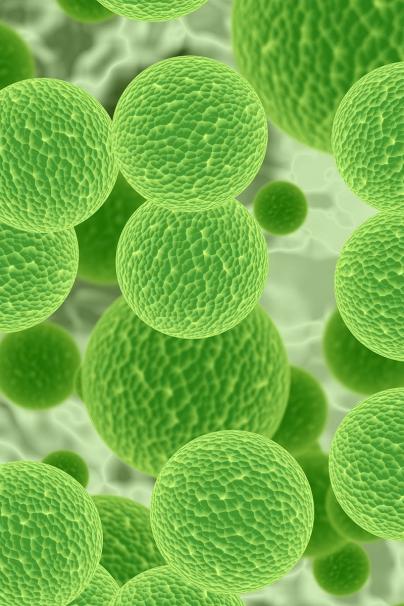Biography
Nicola Patron is a plant molecular and synthetic biologist using engineering approaches to understand biological complexity and advance plant biotechnology. Her group is divided between the Earlham Institute and the Department of Plant Sciences at the University of Cambridge.
Nicola’s research is focused on understanding how quantitative plant phenotypes emerge from network functions and exploring and utilising metabolic diversity. Her group’s long-term goals are to develop the knowledge and technologies required to optimise crop performance through the rational engineering of regulatory networks and to provide routes for the sustainable use of natural products used in medicine, industry, and agriculture.
Nicola obtained her PhD in plant molecular biology studying recombination between viruses and viral transgenes inserted into plant genomes. In post-doctoral research at The John Innes Centre, U.K. and The University of British Columbia, Canada she studied the impact that genes transferred from endosymbionts have on cellular metabolism and function, and evolution of endosymbiont genomes. From 2009-2013 Nicola was based in Melbourne, Australia leading a plant molecular biology group working with industry. Achievements included precision genome editing and targeted gene transfer with programmable nucleases. In 2013, Nicola returned to the UK to head a new Synthetic Biology venture at The Sainsbury Laboratory in Norwich before moving to EI.
As recipient of a 2015 SynbioLEAP fellowship, Nicola was recognised as an emerging leader in synthetic biology with a vision and aspiration to shape biotechnology for the public good. She is particularly interested the societal impacts of synthetic biology and the complex intellectual property issues that surround genetic sequences, DNA and natural products. Nicola is an advocate of responsible and ethical innovation and of open-source tools for biotechnology. She is also active in promoting diversity and inclusivity in science.









